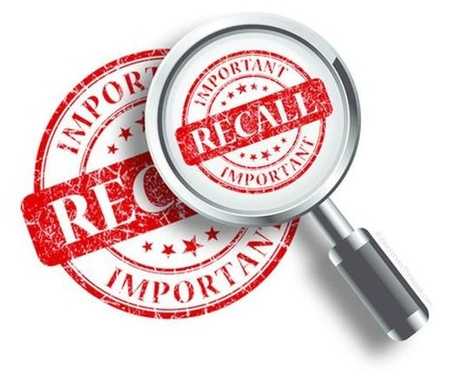Business Intelligence to Guide Safety Recall Decision Making
Management guru Peter Drucker said, "If it's worth doing, it's worth measuring."
That's why they keep score in sports, have grade point averages and test scores in school, and viewer ratings for television shows. People like to know if they are on track to achieve their goals.
Managing safety recalls is no exception. How does a dealer know how well they are doing if they don't have numbers as performance indicators? How does a dealer know what corrective actions to take if they are off track?
It's why AutoAp, Inc. provides the Safety Recall Liability ScoreSM (SRL ScoreSM) as part of our Safety Recall Insights (SRISM) business intelligence service. It helps our dealership clients monitor and manage their recall processes and progress. AutoAp's proprietary metric has several components based on the dealership's behaviors and how those behaviors impact overall safety recall liability. It's a little bit like a consumer credit score - positive behaviors yield a better score (For the SRL ScoreSM, lower is better… like golf!).
Once Dealers Know Their Score, We Also Show Them How to Improve Automotive retailers can see the specific actions needed for their dealership to improve through AutoAp's Safety Recall Insights dashboard, which is accessible in both mobile and PC modes - so. High-level actions dealers can take are discussed in my book "Safety Recalls: Think You're Covered." The more a dealer follows these actions, the more their scores improve due to 'found' recalls that are typically missed without our services.
What's In It for Me? We've seen significant reductions in dealers' SRL Scores over the period of just a few weeks. If you measure liability and then take action, you can easily improve this critical metric. As more recalls are found, the dealership reduces liability and improves revenue from safety recall repairs.
In addition, the SRI service provides other important market data including how the dealership stacks up against recall practices' industry averages, compares with other dealers in their state and competitive brands' stats to allow our clients to quickly benchmark their performance.
All this, while saving time and money!
Brad Preble from CARR Auto Group confirmed the value of AutoAp's business intelligence services:
"We receive a weekly summary of my team's performance and can access a snapshot and trends into my operations and obtain benchmarks against other dealers as well as actionable recommendations for our team members from either my desktop or mobile phone.
Entrepreneurs want to make the best decisions and know the resulting outcome ahead of time. Some make decisions are based on facts while others use gut feel to guide their company's course. Decisions based on excellent information tend to be better, since "managing by fact" consistently provides higher quality decisions than any other method. This is a game changer."
Although dealers could build a recall business intelligence system on their own, it's something that can be outsourced quickly. Dealerships can be up and operating in a couple of days with AutoAp.
Through our Safety Recall Insights service, dealers have industry best-practices with actionable recommendations - specific to your dealership's performance - at your fingertips to quickly and easily to make even better decisions that provide exceptional returns.
